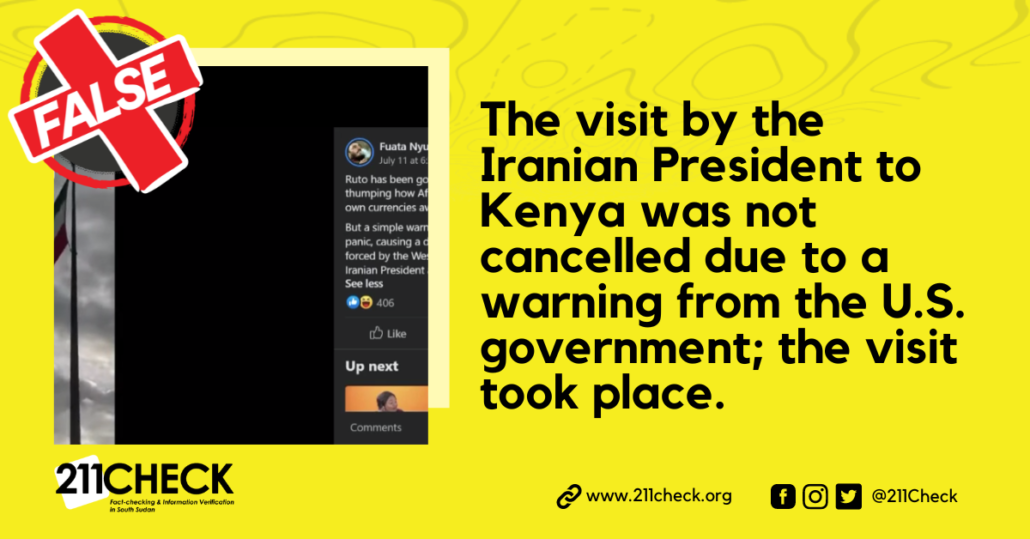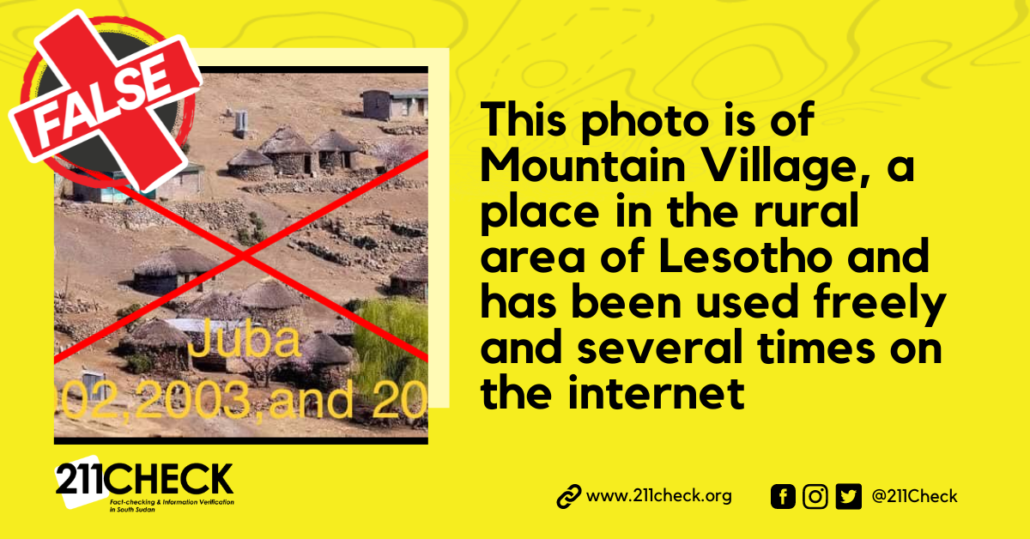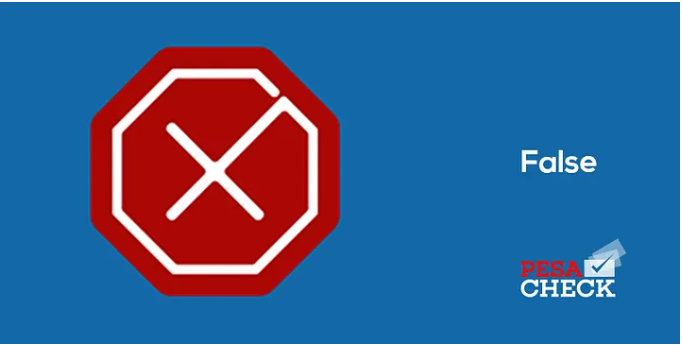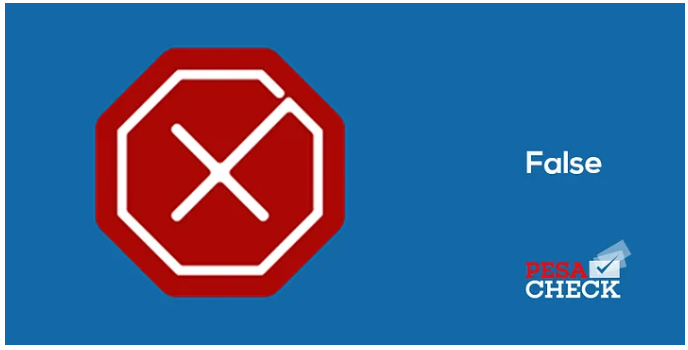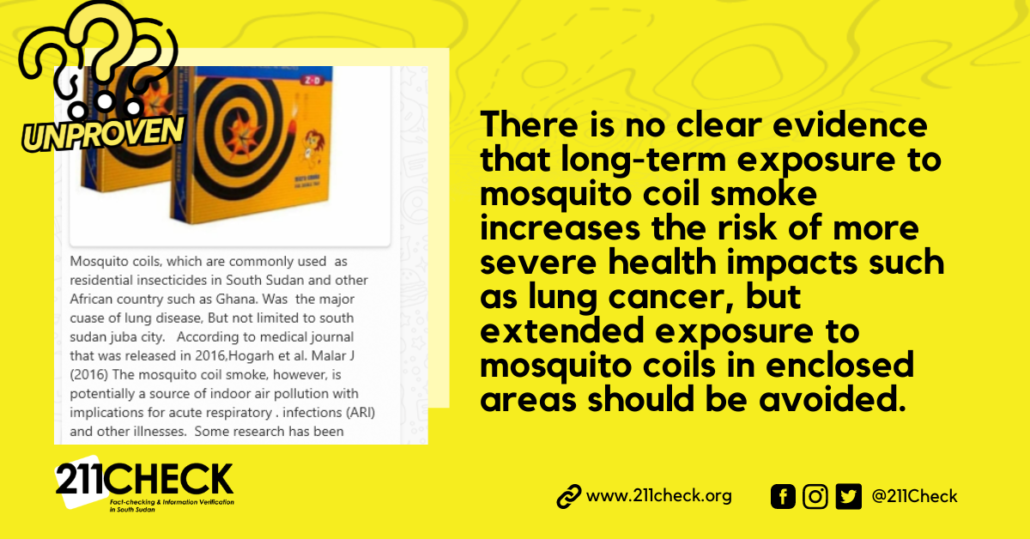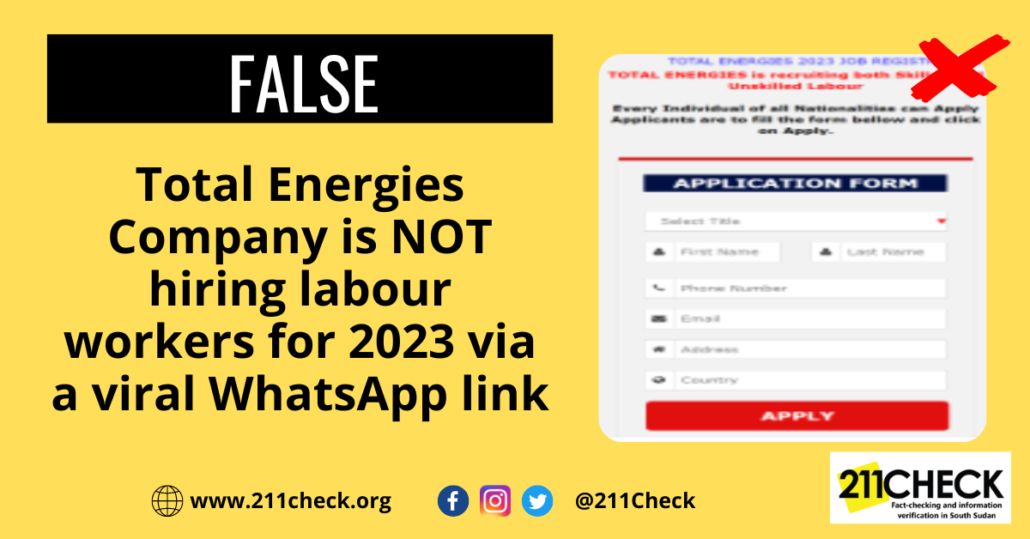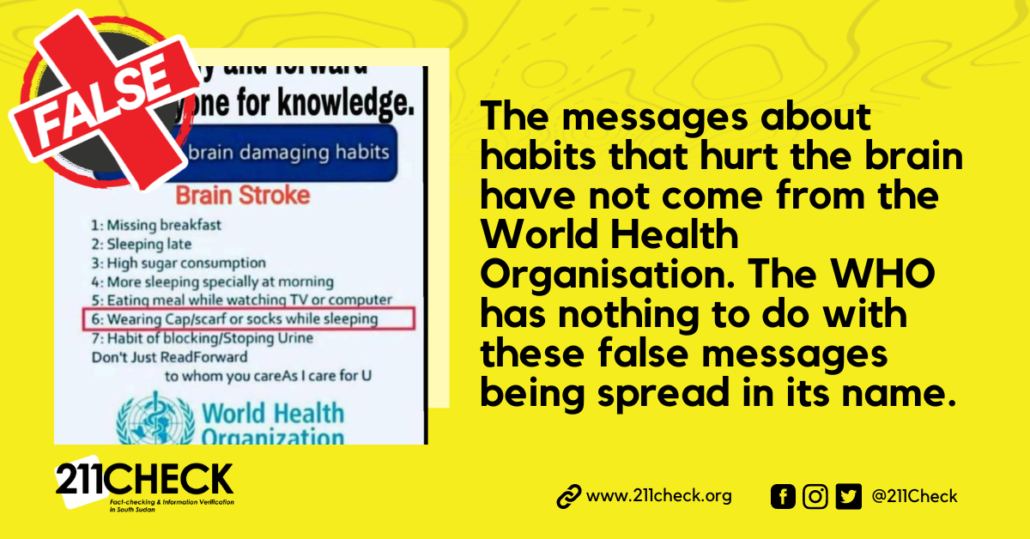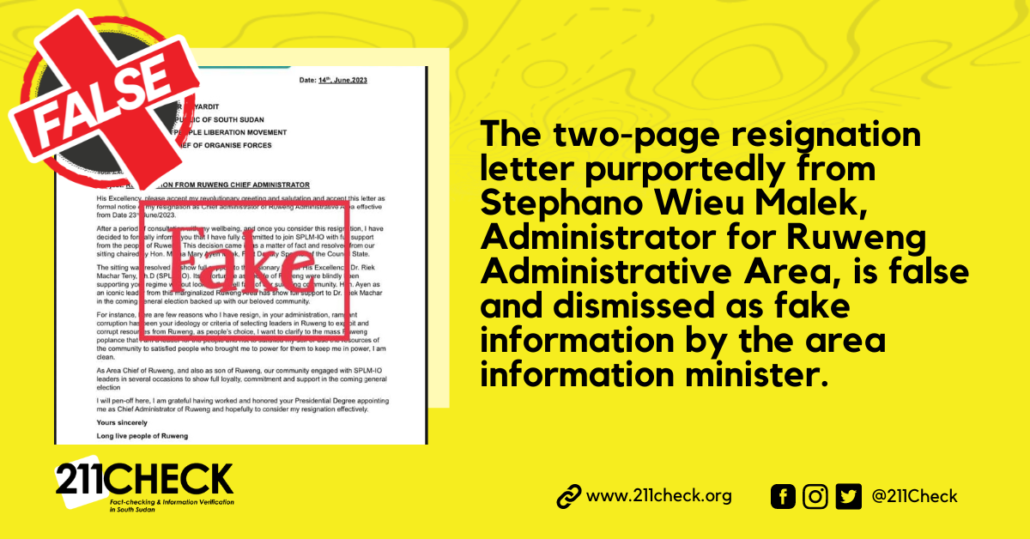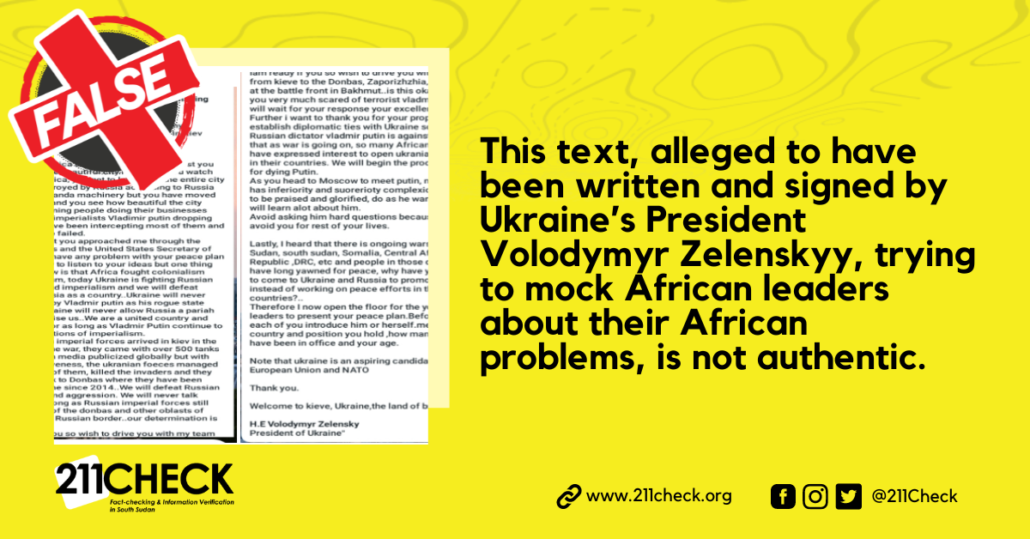Fact-check: Was the Iranian President’s trip to Kenya cancelled?
No, The visit by the Iranian President to Kenya was not cancelled due to a warning from the U.S. government; the visit took place, and both Kenyan and Iranian presidents signed memoranda of understanding to further the relationships.
Writer: Ochaya Jackson
A video shared on Facebook by Fuata Nyuki-Wa Kungu claiming that the Iranian President’s visit to Kenya was cancelled is false and misleading. The video, shared on 12 July 2023, contains narration and is accompanied by text stating that Kenya’s president, William Ruto, was panicking after the US warned him not to accord the Iranian president, Ebrahim Raisi, a state visit to Kenya.
“Ruto has been going all over Africa, chest thumping how Africans should be trading in their currencies away from the dollar. But a simple warning from [the] USA sends him in a panic, causing a diplomatic blunder, after he’s forced by the Western powers not to accord the Iranian President a State visit,” reads the post.
The video’s narration transcript reads:
“Imagine this, you are the president of Iran and you are about to embark on a historic tour of Africa, the first of by an Iranian leader in over a decade. You have been invited by the President of Kenya, who wants to boost trade and cooperation with your country. But then something goes wrong at the last minute, you are informed that your visit has been downgraded to an official visit meaning no state courtesies, no pomp and ceremony, no red carpet treatment. You are shocked and insulted by the sudden change of plans. You wonder what could have caused this snub. Is it pressure from the U.S. which imposed sanctions on your country? Is it fear of backlash from Israel which considers you a threat? Is it a sign of disrespect from Kenya which has closer ties with your rivals. You decided to cancel your visit and demand an explanation. You feel angry and betrayed by this diplomatic blunder. You wonder if Kenya is a reliable partner or puppet of the West. This is not a fictional scenario. This is what happened to Iranian President Ebrahim Raisi who was supposed to arrive in Kenya today for a state visit. Kenya’s Ministry of Foreign Affairs said the visit was rescheduled to allow finalisation of key MOUs that are central to the furtherance of relations. But sources say Kenya changed its mind due to certain reasons that have not been disclosed. Iran has cancelled the visit and is waiting for an apology from Kenya. A high level crisis meeting is currently ongoing at the state house trying to resolve the matter and find ways of convincing President Raisi to come to Kenya. What do you think about this situation? How do you feel about Kenya’s decision? How do you think Iran will react?”
211 Check investigation:
According to a media report reviewed by 211 Check, the Iranian President was welcomed with a red carpet in the Kenyan capital, Nairobi, on Wednesday, 12 July 2023.
Iran’s President Ebrahim Raisi inspects the guard of honour during his state visit at the State House in Nairobi on 12 July 2023. © AFP/Simon Maina
Additionally, according to a K24TV video tweet, the Kenyan President said his country had witnessed the signing of a memorandum of understanding on communication and information technology, fisheries, animal health, and livestock production with Raisi upon his visit to Kenya.
From left Iranian President Ebrahim Raisi, accompanied by Kenya President William Ruto (middle), courtesy K24 TV.
The visit was initially slated for Tuesday, 11 July 2023. Still, according to the Kenya Ministry of Foreign Affairs, as per the media report, it was rescheduled for Wednesday to give room for the finalisation memorandum of the understanding.
“The President of Iran, Ebrahim Raisi, was scheduled to arrive in the country for a visit today [Tuesday]. The visit allowed the two countries to review and re-energize their bilateral relations for the mutual benefit of the people of the two countries. The schedule of the President [of Iran, Ebrahim Raisi] has now been reviewed to allow for the finalisation of key MoUs central to further relations. The Iranian President will now arrive tomorrow [Wednesday 12th, July 2023] for a State Visit,” reads part of the Kenyan Ministry of Foreign Affairs statement as quoted by the media.
“The President will be at the State House at 7.00 am tomorrow [Wednesday] for a bilateral meeting. He will, after that, proceed to lay a wreath at the Mausoleum of the late Mzee Jomo Kenyatta before proceeding to tour other African countries,” the ministry added.
In addition to that, Dr. Alfred N. Mutua, the Kenyan Cabinet Secretary of Foreign and Diaspora Affairs, tweeted that President William Ruto held high-level bilateral talks with his counterpart, Iranian President Ebrahim Raisi and the five memoranda of understanding signed laid the basis for continued socio-economic cooperation.
The Iranian President’s tour to Africa also took him to Uganda and Zimbabwe.
Conclusion:
The visit by the Iranian President to Kenya was not cancelled due to a warning from the U.S. government; the visit took place, and both Kenyan and Iranian presidents signed memoranda of understanding to further the relationships between the two countries.
This fact check was published by 211 Check with support from Code for Africa’s PesaCheck and African Fact-Checking Alliance.
To ensure accuracy and transparency, we at 211 Check welcome corrections from our readers. If you spot an error in this article, please request a correction using this form. Our team will review your request and make the necessary corrections immediately, if any.
It’s important to fight misinformation and disinformation in media by avoiding fake news. Don’t share content you’re uncertain about. False information can harm and mislead people, risking lives—Fact-check before sharing. For more details, visit https://211check.org/ or message us on WhatsApp at +211 917 298 255. #FactsMatter

